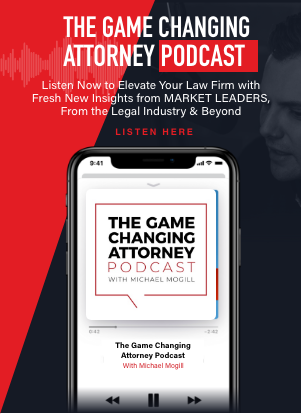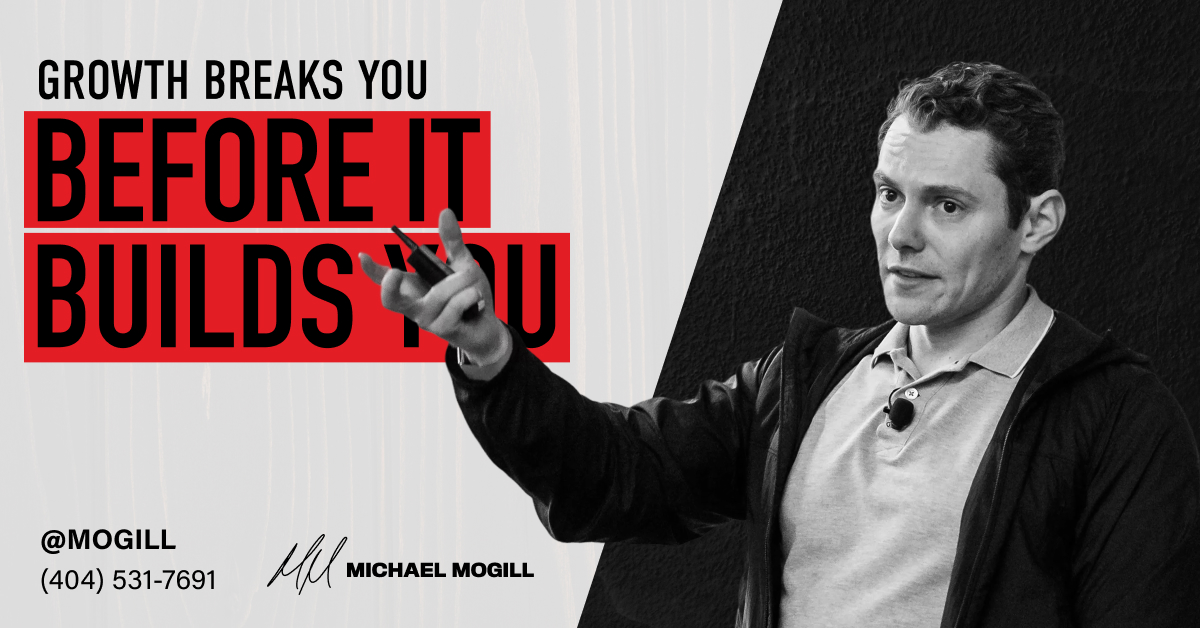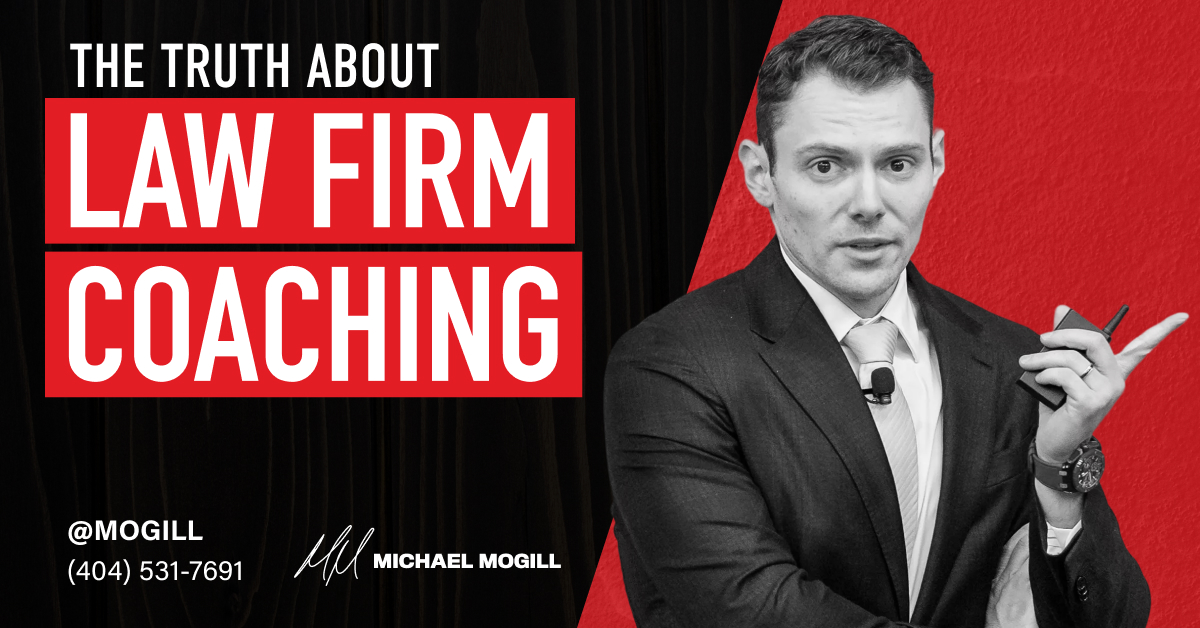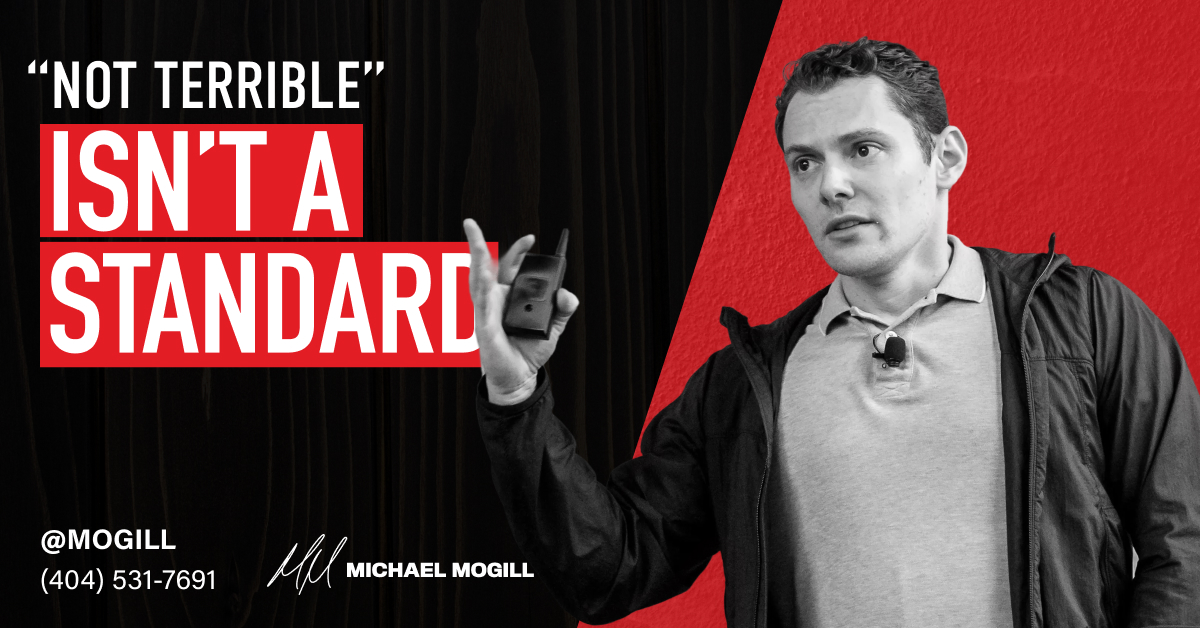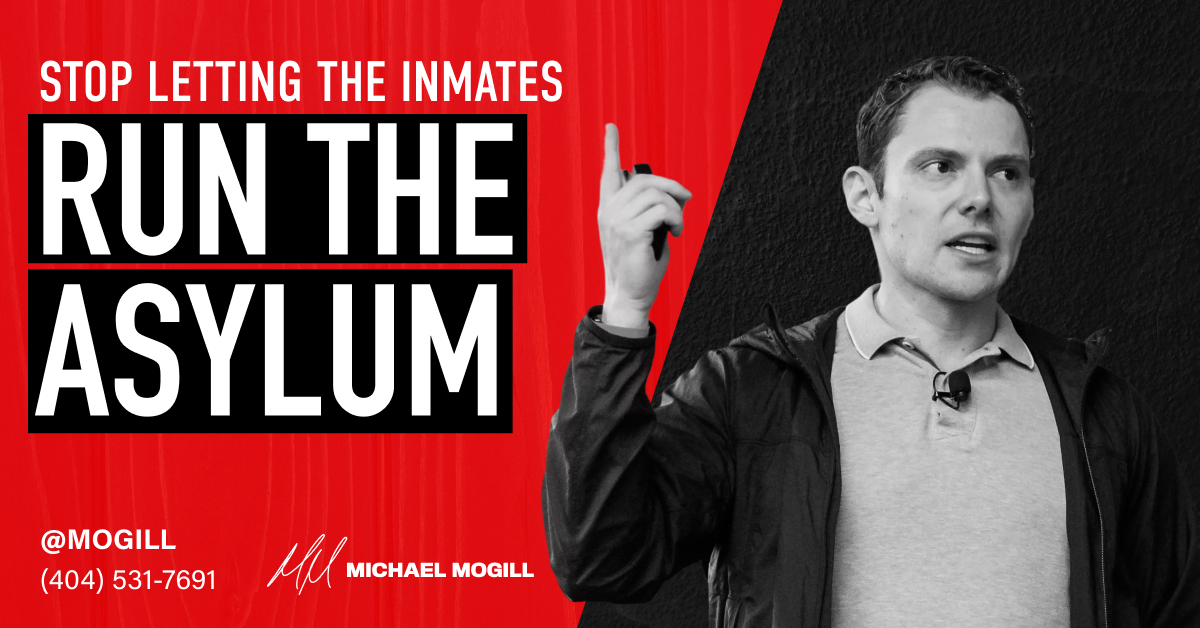If you’re an entrepreneur, the chances are you’ve found yourself spending late nights at the office, followed by very early mornings on more than one occasion. It’s the grind we sign up for every time we build something meaningful from the ground up — there are no shortcuts around it. But at some point, after the early days of no daylight are behind you, it’s worth asking yourself a question: Are you still working hard or just feeling productive?
In the early days of business-building, hard work is non-negotiable. You don’t have any employees yet, barely any money, and your business is far from turning in a profit, so you juggle all the responsibilities yourself to keep things moving forward. That’s the deal you made — anyone who tells you that you can build a business any other way is trying to sell you something.
But the thing is, the relentless grind isn’t sustainable. As your organization grows past the inception stage, so should your ability to delegate the work and build systems that give you space to focus on what truly moves the needle.
Yet, even when the team and processes are in place, it’s easy to find yourself back in the grind, working tirelessly and taking little to no breaks for yourself. That’s because you’ve fallen into the same trap many business leaders do: equating busyness with progress.
Imagine this: It’s the end of the day, and you could go home and rest, but you realize you have an inbox full of emails and more tasks on the agenda. You remember your earlier days when you had to be on top of everything, so instead of going home and taking care of your mind, body, and health, you sit back at the desk and start going through your inbox and deleting tasks from your to-do list.
But did you have to? Is ticking off low-priority items and replying to emails really advancing your business goals? Or are they creating a false sense of productivity you’re still chasing even though your business can easily let you rest now?
Think about it: If you spend hours responding to hundreds of emails in your inbox to feel accomplished when that number hits zero, what will happen an hour later when it fills back up? When your focus shifts to simply getting through the list of activities instead of asking, “Does this actually matter?” you’re mistaking activity for accomplishment and no longer working effectively.
True productivity comes from identifying and prioritizing the things that move the needle at your company. That means constantly asking yourself the tough questions:
- Is this task aligned with my goals?
- Will it have a meaningful impact?
- Am I being truly productive or just staying busy?
Overworking yourself not only keeps you from pursuing work that truly matters on the larger scale, but it can have a counterproductive effect. If fatigue settles in, the task that would have taken you 30 minutes before can now take you two hours. You won’t be able to think strategically, make bigger decisions, and lead your organization most efficiently. The more you sacrifice your rest, the less effective you will be the next day — and the day after that.
If you recognize yourself here, it’s important to break the cycle.
Start by redefining what success looks like, from how much you do to how much you achieve. Then, shift your focus to high-value activities. Plenty of people can answer emails for you, but there are a number of things only you — a founder — can do at the company. Focus on prioritizing what you can’t outsource.
Most importantly, permit yourself to step away. Rest isn’t a luxury; it’s a necessity for long-term success.
Remember, the days when you had to do everything on your own have paid off. You have people you can count on to take things off your plate now. Hard work will always be important, but it is no longer the only ingredient. The goal isn’t to work endlessly — it’s to build something that lasts. For that, it’s time you step away from working harder and instead start working smarter.

